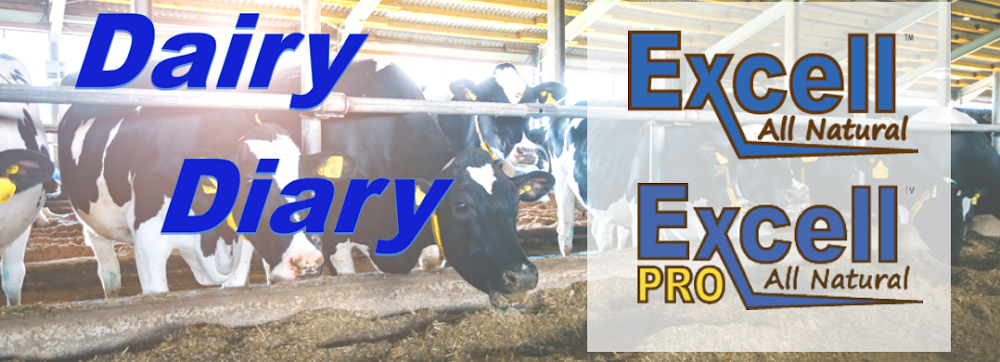OPENING CALLS:
| Class III Milk Futures: | 10 to 20 Lower |
| Class IV Milk Futures: | 5 to 12 Lower |
| Butter Futures: | 2 to 3 Lower |
OUTSIDE MARKET OPENING CALLS:
| Corn Futures: | 1 to 2 Lower |
| Soybean Futures: | 2 to 3 Higher |
| Soybean Meal Futures: | Mixed |
| Wheat Futures: | 2 to 3 Lower |
MILK:
The July Milk Production report was bearish to the market and dims the potential for milk prices the rest of the year. U.S. milk production being up 3.4% indicates there will be sufficient milk supplies for both bottling and manufacturing. Any price increases may be temporary unless demand improves dramatically, or some other unforeseen event takes place that would tighten the milk supply. However, traders only need to look back at last year and the expected bullish impact that the bird flu was expected to have on milk production, which did not materialize. It will take much more bullish news to generate higher milk prices anytime soon. Culling remains slow, and cow numbers continue to increase, adding more milk to the market.
CHEESE:
The fall of the block cheese price on Thursday was unexpected, but again, indicated how prices can fall faster than they gain. The supply of cheese is not burdensome, but buyers see no need to buy aggressively for the upcoming demand. Cheese inventory is similar to what it was a year ago, and supplies are expected to have increased slightly in July. This may keep prices rangebound.
BUTTER:
If the butter price slips further, it will move to the lowest level since June 2023. The market is not following a seasonal pattern where buying interest is stronger in preparation for holiday demand. Butter inventory is lower than a year ago, but supplies are sufficient due to steady to lower demand from retail and food services. The price is not expected to see much upside potential the rest of the year. The July Cold Storage report may show a slight increase in butter inventory from June.





